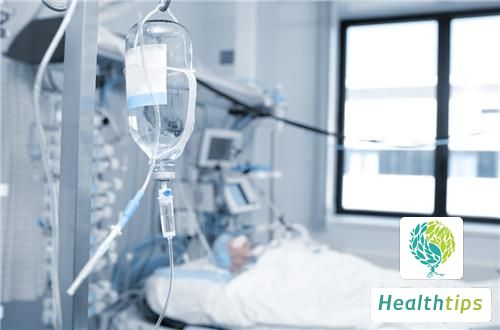Pre-care for Deep Venous Catheterization: Before the deep venous catheterization, it is necessary to clearly explain the purpose, function, and advantages to the family members. During the surgery, it is important to observe the patient's condition changes, minimize patient suffering, and strengthen post-operative care with strict aseptic measures to prevent bacterial invasion. The nursing care for deep venous catheterization is crucial, as it is an important operational technique in critical care, requiring strict aseptic nursing both during and after the operation.

1. Pre-catheterization Care: Provide detailed explanations to conscious patients and their families about the purpose, function, advantages, and precautions of catheterization, while respecting the patients' right to informed consent. Inform the patients of possible complications during and after the operation, obtain their cooperation and understanding, and ensure they have sufficient trust and sense of security in the medical staff. Obtain their signature for consent and try to alleviate their nervousness.
2. Intra-catheterization Care: During the catheterization process, it is crucial to observe the patient's condition changes in a timely manner, detect abnormalities early, and take appropriate measures promptly. For hypoxic patients, increase oxygen flow to ensure unobstructed peripheral venous access and minimize patient suffering and ensure safety. Strict aseptic procedures should be followed during puncture, minimizing personnel movement. Coordinate closely with the surgeon, select the correct puncture site, maintain a good position, and maximize the success rate of the first puncture.
3. Post-catheterization Care: Deep venous catheterization is an invasive procedure. The instruments used during puncture and the post-operative catheter system are both connected to the atmosphere, creating conditions for blood and infused fluids to be contaminated by external bacteria. Therefore, the aseptic requirements for intra- and post-operative nursing are very strict.

